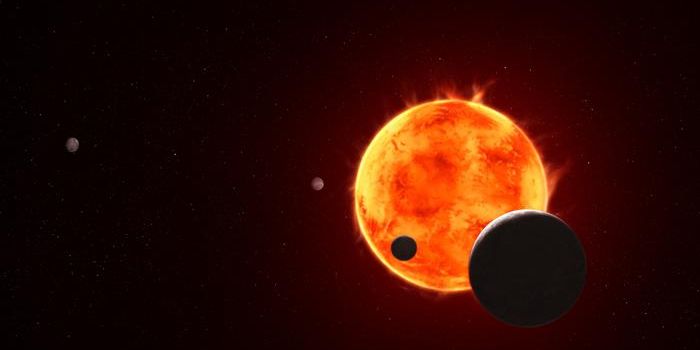Time to Take Action on Spent EV Batteries
Currently, car batteries (also known as lead-acid batteries) are almost 100% recycled, with all components either directly reused, or broken down and turned into new materials. As manufacturers such as Tesla, Nissan, and Hyundai put tens of thousands of electric vehicles (EVs) on the roads every year, you may wonder what happens to the Lithium(Li)-ion batteries inside when they reach the end of their lives. Sadly, only less than 5% of them enter the recycling system.
Although consisting of high-value metals such as cobalt and nickel, the majority of EV batteries end up in landfills due to technical and economic reasons. It is worth noting that these advanced power storage devices are often designed for a decent life span. But after eight years-worth charge cycles or 100,000-mile traveling distance (which is the warranty limit offered by most manufacturers), they could lose charges, fast.
As more EVs as well as other large rechargable electronics are being poured into the consumer market, the amount of spent Li-ion batteries is expected to grow exponentially. Researchers are racing against time in search of inexpensive and sustainable methods to divert them from junk yards.
The concentrations of cobalt, nickel, lithium, and manganese in the many of EV batteries are much higher than those in natural ores. Therefore, recovering these metals at a large scale make economic sense. What's more, the mining of these precious elements can impact the environment negatively, and sometimes bears a substantial political cost. For example, 50% of the world’s cobalt is extracted from the Democratic Republic of the Congo, a country plagued by armed conflict and human rights abuses.
Batteries, Recycling and the Environment (ColdFusion)
But hope is in sight. This February, the U.S. Department of Energy (DOE) launched its own R&D center that focuses on lithium-ion battery recycling, in order to give a boost to the country's recycling industry and decrease its industrial reliance on foreign battery materials.
From the EV manufacturers' perspective, recycling Li-ion batteries could mean getting a commercial edge over competitors. In May Volkswagen announced their plan to deal with spent EV batteries.
According to the company, the used MEB battery packs from their EVs can get a new life (and save quite a bit of cash) by becoming a part in the portable charging stations. For the batteries that are beyond recoverable, they will be shredded and sorted at their dedicated recycling center at Salzgitter. Eventually, the German car manufacturer hopes to recycle up to 97% of its EV batteries.
With people becoming aware of the lack of recycling and more research efforts being devoted to the cause, it is hopeful that there will be technologies and recovering strategies in the near future to keep up with the pace of spent Li-ion batteries.
Source: C&EN









